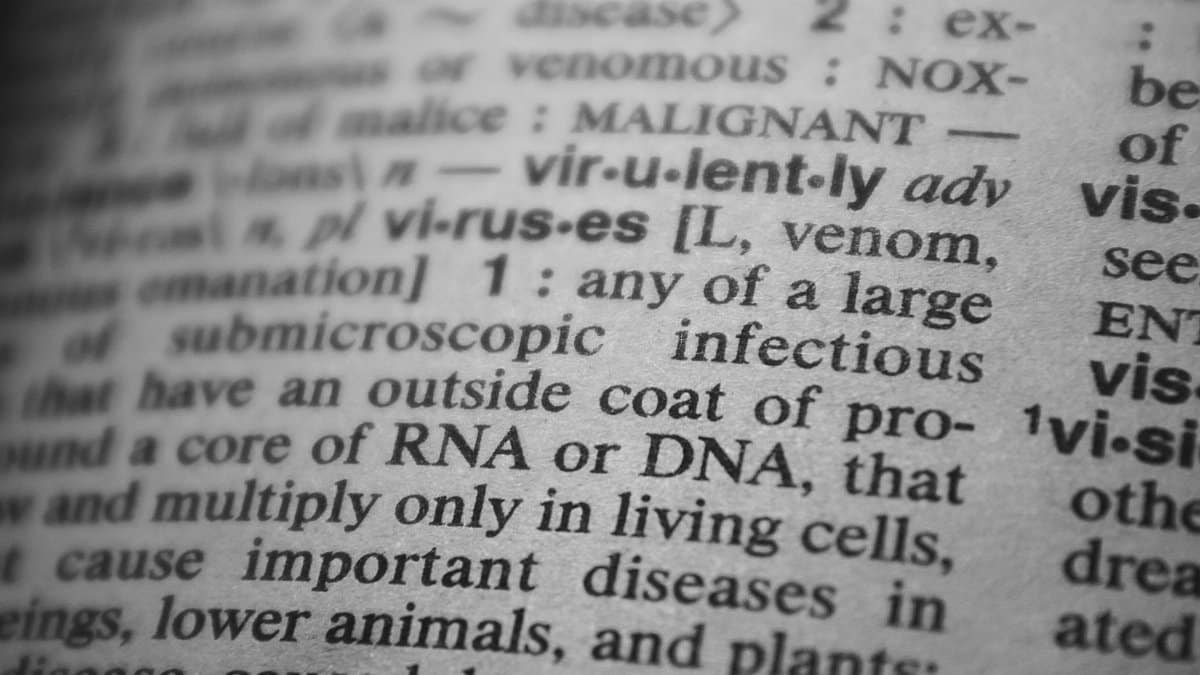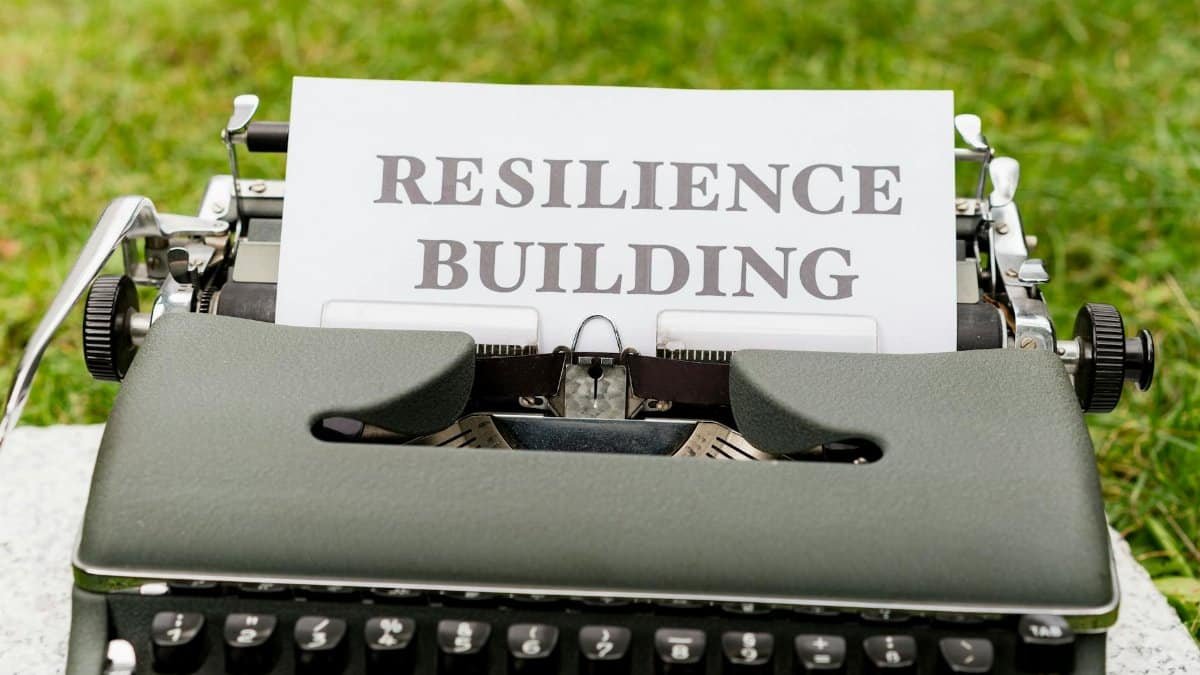In a world where communication is key, is the emotional weight of unsaid words silently eroding your relationships? New data from a 2023 survey by the American Psychological Association reveals that 45% of adults report heightened stress from unexpressed feelings, leading to strained connections and personal turmoil. This isn’t just about biting your tongue—it’s about the toll it takes on mental health. Enter emotions selfcare, a growing practice emphasizing the release of pent-up emotions to foster healing. As we step into 2025, experts say addressing these unspoken truths could be the breakthrough many need for healthier bonds.
The Hidden Cost of Silence

Silence in relationships often masquerades as peace, but it packs a heavy emotional punch. When words go unsaid, resentment builds like interest on a bad loan. Psychologists note that suppressed emotions can manifest as anxiety or depression, affecting daily life. A study from Harvard Medical School highlights how unvoiced grievances contribute to chronic stress, potentially shortening lifespan. For those practicing emotions selfcare, acknowledging this cost is step one. It’s not about confrontation; it’s about self-preservation. In U.S. households, where family dynamics are evolving, this silence is increasingly recognized as a barrier to genuine intimacy.
Why We Hold Back

Fear drives much of our reluctance to speak up—fear of rejection, conflict, or vulnerability. According to experts at the Mayo Clinic, this stems from early experiences where expressing emotions led to negative outcomes. In 2025, with remote work blurring personal boundaries, more Americans are grappling with this in professional and personal spheres. Emotions selfcare encourages identifying these fears through journaling or therapy, turning introspection into action. It’s a shift from avoidance to empowerment, helping individuals break cycles of silence that hinder growth in relationships.
The Science Behind Unsaid Words

Neurologically, bottling up emotions activates the brain’s stress response, flooding the body with cortisol. Research from the American Psychological Association’s Stress Resources shows this can impair cognitive function and weaken immune systems. Unsaid words create a feedback loop of rumination, where thoughts replay endlessly without resolution. Emotions selfcare counters this by promoting expressive techniques like mindfulness meditation, backed by studies indicating reduced stress markers after consistent practice. In the U.S., where mental health awareness is rising, these findings underscore the need for proactive emotional management.
Real-Life Impacts on Relationships

Consider couples where one partner swallows grievances to keep the peace—over time, this erodes trust. A report from the Gottman Institute reveals that unaddressed issues lead to higher divorce rates, with 69% of conflicts stemming from perpetual problems left unspoken. Emotions selfcare in this context means scheduled check-ins or honest dialogues, fostering deeper connections. In 2025 trends, apps for emotional tracking are gaining traction among millennials, helping users quantify and address their unspoken burdens before they fracture bonds.
Strategies for Breaking the Silence

Start small: Practice voicing minor thoughts to build confidence. Therapists recommend “I” statements to express feelings without blame, reducing defensiveness. Incorporating emotions selfcare routines, like daily reflection walks, can prepare you for tougher conversations. Evidence from the CDC’s Mental Health Resources supports communication skills training as a buffer against relational stress. For Americans navigating diverse family structures, these strategies are essential tools for healing and preventing emotional buildup.
Self-Care Techniques to Lighten the Load

Emotions selfcare isn’t fluffy—it’s practical. Try expressive writing: Penning unsaid words releases them from your mind. Yoga or breathwork also helps process emotions physically. A 2024 study in the Journal of Clinical Psychology found participants who engaged in such practices reported 30% less emotional fatigue. In the fast-paced U.S. landscape of 2025, integrating these into routines combats the weight of silence, promoting mental clarity and relational harmony.
When Silence Serves a Purpose

Not every thought needs airing—sometimes silence protects. Discernment is key in emotions selfcare, knowing when to speak and when to reflect internally. Experts warn against impulsive disclosures that could harm more than help. Balancing this with self-awareness prevents unnecessary emotional labor. In professional settings, where U.S. workers face increasing burnout, strategic silence paired with personal processing maintains boundaries while addressing inner turmoil.
The Role of Professional Help

When unsaid words overwhelm, therapists provide a safe space to unpack them. Cognitive-behavioral therapy (CBT) is particularly effective, reframing negative thought patterns. With telehealth booming in 2025, access to such support is easier than ever for Americans. Emotions selfcare often includes seeking this guidance, transforming silence from a burden to a stepping stone for growth in relationships.
Building Emotional Resilience

Resilience comes from regularly addressing unsaid words, turning vulnerability into strength. Community support groups offer shared experiences, normalizing the struggle. In the U.S., where social isolation spiked post-pandemic, fostering this resilience through emotions selfcare is vital for long-term well-being. It’s about creating habits that ensure words don’t weigh you down indefinitely.
Moving Forward with Openness

Embracing openness doesn’t mean constant disclosure—it’s about mindful expression. As 2025 unfolds, prioritizing emotions selfcare could redefine how we handle relational silences, leading to healthier, more authentic connections. The key? Start speaking your truth, one word at a time.
